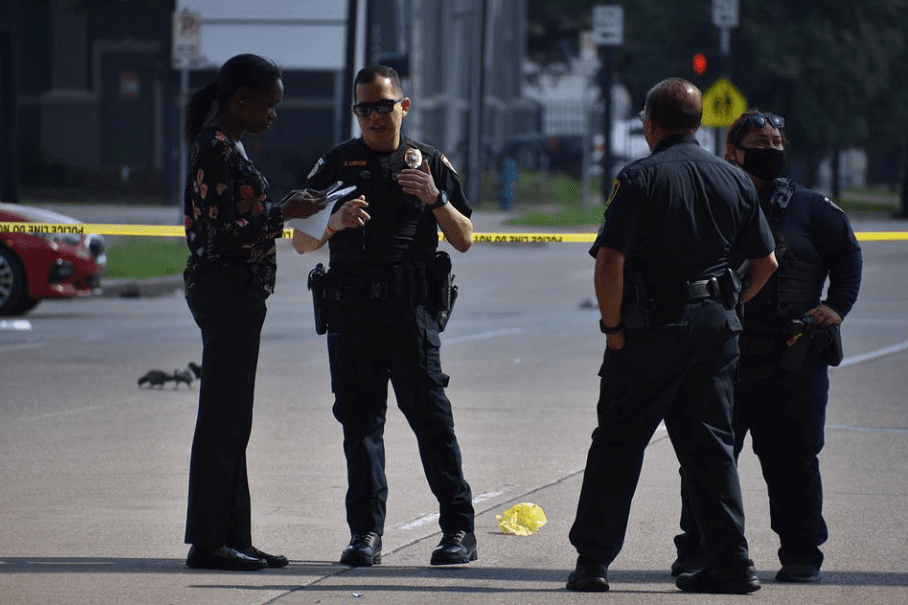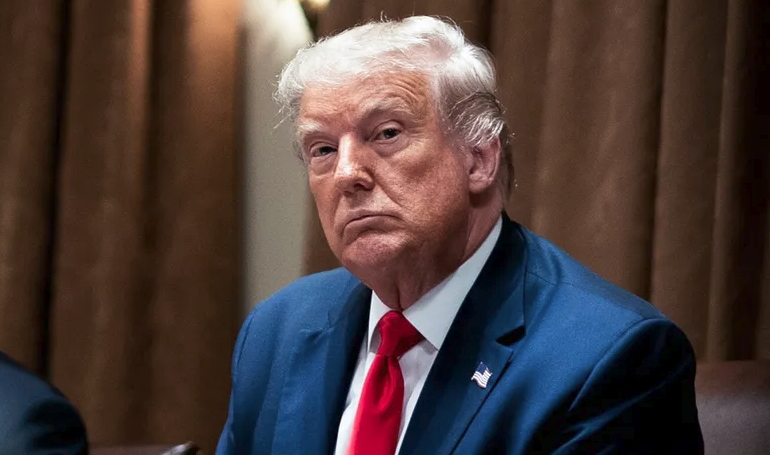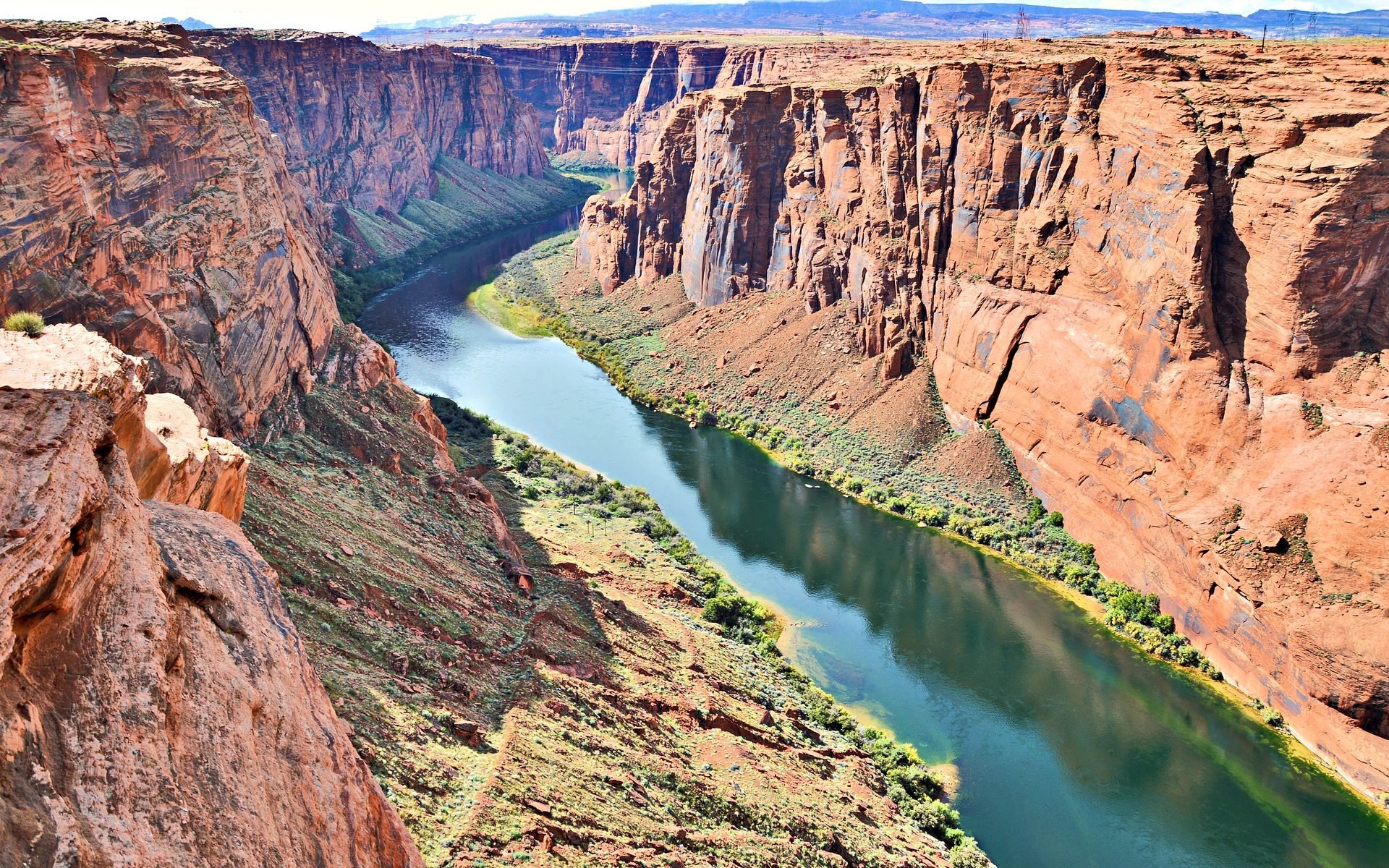Based on a report by Marquise Francis of Yahoo internet news
In Arizona, a new state legislation will soon make it unlawful to record a police officer from 8 feet or closer without the officer’s consent, establishing stricter restrictions on how individuals can video police officers at a time when demands for more open and transparent law enforcement are becoming stronger.
The measure, which was approved by Republican Gov. Doug Ducey on Thursday, is backed by many who claim it would shield cops from those with bad judgment or ulterior purposes.
Republican state Rep. John Kavanagh, the bill’s sponsor, told the Associated Press on Friday, “I’m thrilled that a very sensible measure that enhances the safety of police officers, and individuals involved in police stops, and spectators, has been signed into law.” “It encourages everyone’s safety while yet allowing citizens to lawfully record police activities on camera in a reasonable manner.”
An officer has the legal authority to prohibit someone from recording on private property, even if they have the owner’s permission. People who are the focal point of a police engagement are exempt from the statute. As long as they are not being searched or detained, those individuals are permitted to film.
This law’s punishment is a misdemeanor, which usually entails a fine rather than any prison time.
The First Amendment of the Constitution and the federal appellate courts both support the freedom for citizens to record law enforcement, according the law’s detractors. Stephen Solomon, a constitutional law scholar and the director of the Arthur L. Carter Journalism Institute at New York University, told the Washington Post that a broad ban is against the First Amendment.
According to a citizen’s guide to recording police from NYU’s First Amendment Watch, more than 60% of Americans, including residents of Arizona, live in jurisdictions where federal appeals courts have recognized a First Amendment right to do so as of 2019. However, the U.S. Supreme Court has not made a decision on the matter.
26 media organizations, including the AP, signed a letter from the National Press Photographers Association (NPPA) opposing the bill in February.
“We are deeply concerned that this language runs counter to the ‘clearly established right’ to photograph and record police officers performing their official duties in a public place, as cited by all the odd-numbered U.S. Circuit Courts of Appeal, including the Ninth Circuit,” the letter stated. It also violates the First Amendment’s free speech and press clauses.
“While such rights are not unrestricted and are subject to reasonable time, place, and manner limitations, we believe that requiring the ‘permission of a law enforcement officer’… would not withstand a constitutional challenge and is totally impractical in situations (such as demonstrations and protests) where there are multiple officers and people recording.”
The use of smartphone video has had a big impact on policing recently, notably in the wake of the death of George Floyd by police in 2020. When Floyd passed away in that event, police first claimed he did so “following a medical issue during police engagement,” but cellphone footage taken by a juvenile bystander disproved this. Officer Derek Chauvin of the Minneapolis Police Department kneeled on Floyd’s neck and back for more than nine minutes before killing him.
A more recent video of a Saturday arrest in Fairfax, Virginia, appeared to show two cops pointing their firearms at a guy who was watching another person being arrested. The police have come under fire online for their alleged overreaction and potential escalation of an already tense situation. However, Fairfax police said in a statement to Yahoo News that a group of young people had threatened a hostess while reportedly displaying a firearm. When a third person “approached with something in his hands,” police were able to apprehend two of the minors; however, given the circumstances of the arrest, they pulled their firearms before realizing it was a smartphone. The young people were allegedly returned to their parents when no firearms were discovered on them.





